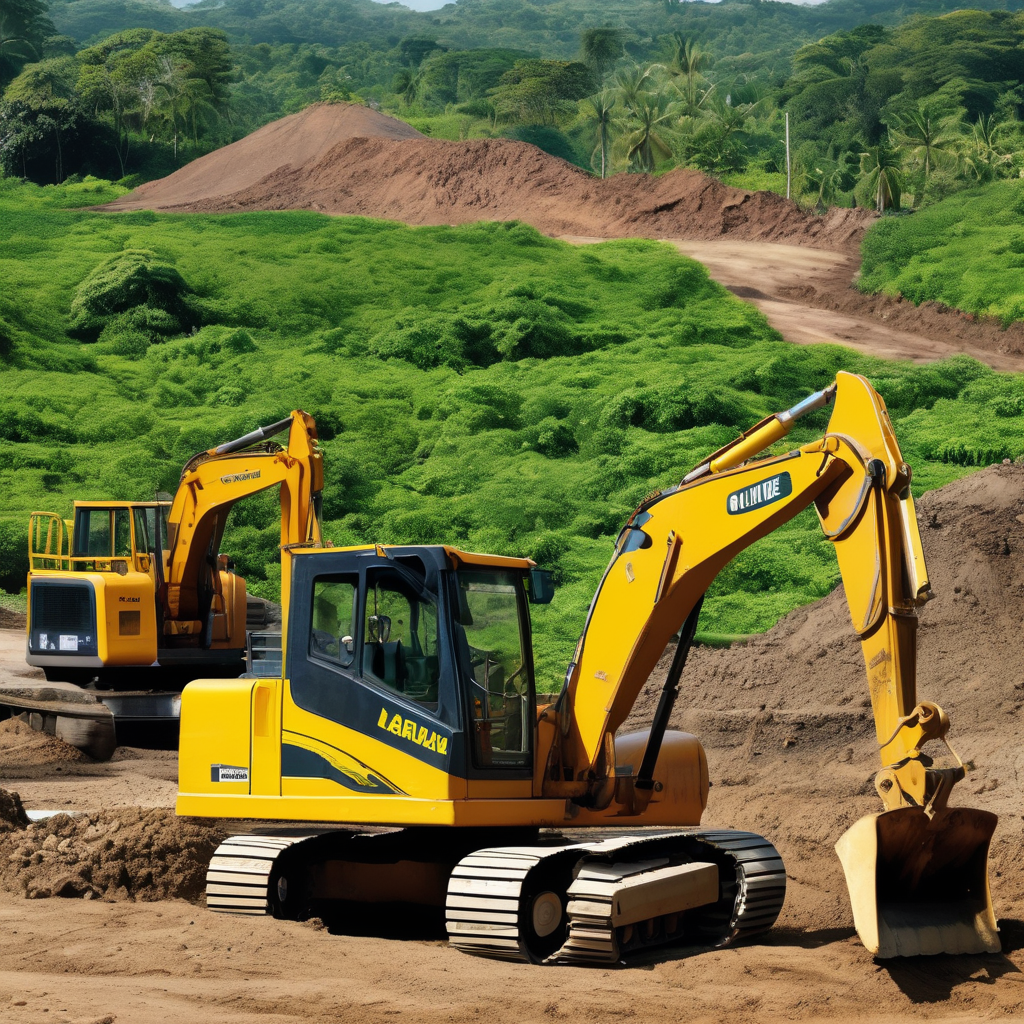The Government of Fiji has initiated an investigation into the stalled $2.6 million water reservoir project in Rara Housing, Labasa, which was intended to provide piped water access to approximately 25,000 residents in the area. Originally proposed in 2014 by the Water Authority of Fiji, the project aimed to deliver clean water to communities within the Wailevu District, Rara subdivision, and Tabia. However, nearly a decade later, the second phase of the project remains uninitiated, leaving residents dependent on boreholes and creeks for their water supply.
Infrastructure Minister Ro Filipe Tuisawau has pledged to seek updates on the project’s status from the Water Authority, highlighting the urgency and significance of this infrastructure endeavor. While specifics regarding issues such as potential leakages affecting the reservoir were not confirmed, concerns about the project’s incomplete state have sparked significant local anxiety.
In the upcoming financial year of 2025 to 2026, funding has been earmarked for water main extensions along a 19-kilometer stretch from Wailevu to Tabia, alongside plans for a new water pump station and a two-megalitre reservoir in Vatudova. These developments are vital in addressing the chronic water shortages that have beleaguered these regions.
This situation is not isolated but reflects a broader challenge faced in various parts of Fiji, where many communities have struggled with enduring water supply issues. Notably, initiatives in the Northern Division, involving investments totaling approximately $218 million over the next three decades, aim to enhance water supply infrastructure and benefit numerous households. Projects such as the Dagau Main Extension and Nabekavu to Dogoru Mains Extension are being implemented to improve the accessibility and reliability of water.
Additionally, the government is channeling resources into other critical water infrastructure projects, including a $40 million investment in the Princess Road Water Infrastructure Project, which targets water supply inconsistencies in areas such as Colo-I-Suva and Tacirua. These initiatives underscore the government’s dedication to addressing pressing water supply challenges and improving everyday life for residents impacted by these issues.
As authorities continue to implement infrastructure projects designed to ensure reliable water access, there is a sense of optimism. The proactive measures being taken to resolve these long-standing concerns hint that communities affected by these challenges may soon see meaningful improvements in their water supply situation.
